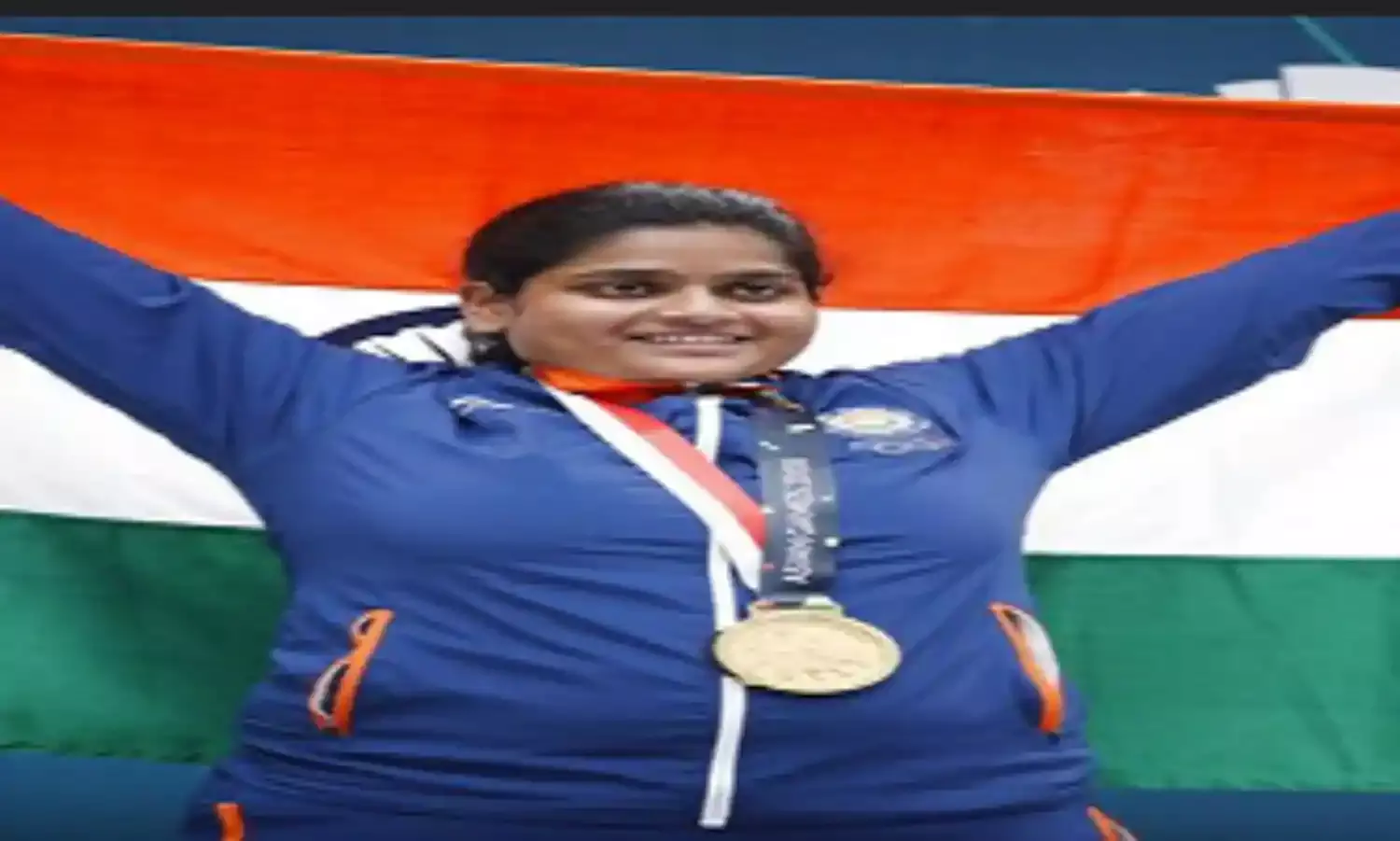1st Indian Woman To Win Gold: The Recipe for Rahi Sarnobat's Success
Shooter Rahi Sarnobat's ability to keep calm under pressure

Performing on the world’s biggest stage is no easy feat. It may require practising in spite of injury or mental breakdowns, and that is exactly what Rahi Sarnobat, ace shooter from Kolhapur in Maharashtra did in the ongoing Asian Games, where she became the first Indian woman to win a gold.
Rahi knew what it takes to be the very best in her field. She had won the gold at the 2008 Youth Commonwealth Games and, two years later, she bagged the gold again in front of her home crowd, in the pair event with Anisa Sayeed, also walking away with the silver in the individual event.
A World Cup gold in 2013 was followed by another gold at the 2014 Commonwealth Games; and a bronze in the team 25m pistol event only highlighted what she had long believed: Rahi was unbreakable. She had conquered the worst without much professional help in the toughest competitions, and was well on her way to conquering the Olympics. Rahi aimed for it, and desperately worked for it.
In 2015 Rahi had become the first Indian woman to qualify for the Olympics in sport pistol when, just as she was prepping for the final frontier, a freak injury to her back, shoulder and elbow cut short her plans. Moreover, her mentor Anatolii Piddubnyi passed away, leaving the shooter in a state of emotional, mental and physical turmoil.
In Rahi’s own words, the pain she suffered in 2016 was unbearable – on one hand, the Olympic dream had eluded her, and on the other she had to start afresh with a new coach, who would not only need to know the nuances of the sport but play an essential role in keeping her calm under pressure. In just two years Munkhbayar Dorjsujen, seven-time Olympian and twice medallist has managed to achieve just that.
The calmness Munkhbayar has brought to Rahi’s game is visible, and the coach does not hesitate to say that more than her student’s technique, it was her mental training they had to work towards. By constantly putting her in shoot-off situations where the pressure to excel was at an all-time high, the bronze medallist in the 1992 and 2008 Games ensured her protegee would be able to deal with the toughest situations at all times.
This is exactly what panned out at the Asiad Finals.
Although Rahi was leading for most of the match, she fell far behind in the penultimate series, and came close to letting a medal slip out of her grasp. She missed the target a few times in the last series too, but showed great composure, holding herself well and getting back in the game in the second shoot-off.
After qualifying as the seventh-best shooter of eight in the qualifiers, Rahi barely stood a chance to win any medal, forget gold. Instead, all eyes were on 16-year-old Manu Bhaker who had set a Games record with a score of 593 in the qualifications. However, the maturity and determination Rahi has developed in the last three years came to her rescue when it mattered most.
By shooting a perfect score twice in the early rounds Rahi had zipped her way to an early lead, but when she slipped in her twelfth shot we expected the worst. Precision was not really Rahi’s strong point and her tendency to collapse when nerves got the better of her was no secret. It had been on display at the World Cup earlier this year when she missed winning a medal by just two points.
Cheered on by Munkhbayar, the Indian got a new burst of energy as she reloaded her gun to shoot after her miss. Adjusting and focusing her grip with eyes firmly on the target, she found her mark. Scores of 10.2 greeted her repeatedly and when the Golden moment finally arrived, the tears were there for all to see.
Wrapped in the tiranga, Rahi was her emotional self – a far cry from the stoic expression that had greeted Indians on the day Abhinav Bindra clinched the gold in London six years ago. No, Rahi is not the typical shooter for she is not hesitant to show her feelings, but her calm mind and steady head are the only things that matter on the range.



